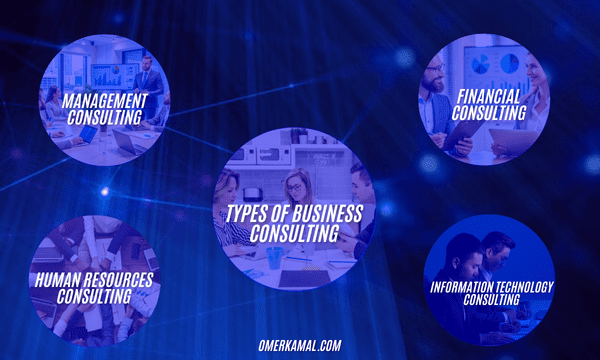In today’s rapidly evolving business environment, companies frequently encounter complex challenges that require an expert perspective. Whether it’s streamlining operations, enhancing revenue, or adapting to new market demands, business consultancy offers a valuable resource to support companies in achieving their goals. This article provides an in-depth look into what business consultancy entails, its various forms, and the advantages it brings to organizations striving for success.
Understanding Business Consultancy
Business consultancy involves providing professional advice and strategic direction to help companies improve performance, address specific problems, and capitalize on opportunities. Consultants bring a wealth of industry experience and an external perspective, which can be instrumental in overcoming internal biases. They are often hired for their expertise in identifying pain points and implementing actionable solutions across diverse areas like operations, management, technology, and human resources.
Consultants may be brought in for short-term projects or extended engagements, depending on the organization’s needs. For instance, a company facing financial setbacks might enlist the help of a financial consultant to review and optimize its budgeting and forecasting processes. Meanwhile, a tech startup looking to expand its digital footprint might work with an IT consultant to streamline its technology systems and enhance cybersecurity measures.
Why Do Businesses Need Consultancy?
At the core, business consultancy is about bridging gaps in a company’s capabilities. In highly competitive sectors, companies must innovate continually, adapt to changes, and make informed decisions. However, even successful businesses can face limitations in expertise, resources, or time when tackling new challenges. This is where a consultant’s unique insights become invaluable. Business consultants not only help diagnose problems but also recommend strategies based on best practices that can save time and resources.
Consultants often play a dual role: they act as problem solvers and catalysts for change. They bring industry-specific knowledge that helps companies gain clarity on current operations and make data-backed decisions. With their specialized skills, consultants offer solutions to improve internal processes, boost employee productivity, and enhance customer satisfaction.

Key Roles of a Business Consultant
The role of a business consultant can vary, but typically, they perform several essential functions:
- Problem Analysis: Consultants start by comprehensively analyzing the organization’s current practices. This might include data collection, employee interviews, and financial reviews to identify inefficiencies or misalignments with the company’s objectives.
- Solution Development: After identifying problem areas, consultants develop tailored solutions. They may redesign workflows, recommend software tools, or introduce new management strategies to enhance efficiency and effectiveness.
- Implementation: Unlike traditional advisors, many business consultants oversee the implementation phase, ensuring their recommendations are successfully integrated. This might involve training employees on new systems or guiding leaders through the transition.
- Performance Monitoring: The final stage is often overlooked but crucial. Consultants monitor the outcomes of their solutions to ensure they yield the desired impact, making adjustments as needed to secure lasting results.

Types of Business Consultancy
Business consultancy spans various specializations, each catering to specific organizational needs. Common types consist of:
- Management Consulting: Focuses on optimizing organizational strategy, structure, and leadership to drive business growth.
- Financial Consulting: Aims at streamlining financial planning, budgeting, and forecasting processes, crucial for managing resources effectively.
- Human Resources Consulting: Supports HR functions like recruitment, training, and employee relations to build a strong organizational culture.
- IT Consulting: Helps businesses adopt digital technologies, enhance cybersecurity, and streamline IT operations to meet modern demands.
Benefits of Hiring a Business Consultant
The benefits of collaborating with a consultant are numerous. For one, consultants bring an objective, unbiased view of the company’s operations, free from internal politics or preconceived notions. They can help identify hidden issues that may not be apparent to employees within the organization. Moreover, consultants are often highly specialized in their fields, bringing cutting-edge knowledge and best practices that can improve competitiveness.
Consultants also provide flexibility, allowing companies to access top-tier expertise without the long-term commitment of hiring new employees. This is particularly valuable for smaller businesses or startups that may lack in-house resources for certain critical areas, such as IT security or financial restructuring. Additionally, business consultants facilitate faster problem resolution, as they are skilled at assessing situations quickly and proposing actionable strategies.
Conclusion
In essence, business consultancy empowers companies to reach their fullest potential by providing targeted solutions to complex issues. From improving operational efficiency to adapting to market trends, consultants serve as strategic partners who help businesses navigate challenges and drive growth. For companies seeking a competitive edge or simply needing guidance on specific initiatives, consultancy can be a game-changer.
If you’re interested in exploring how business consultancy could benefit your organization, visit omerkamal.com to learn more.
Explore:
E-Commerce Business Success Essentials: Steps for an effective Business








